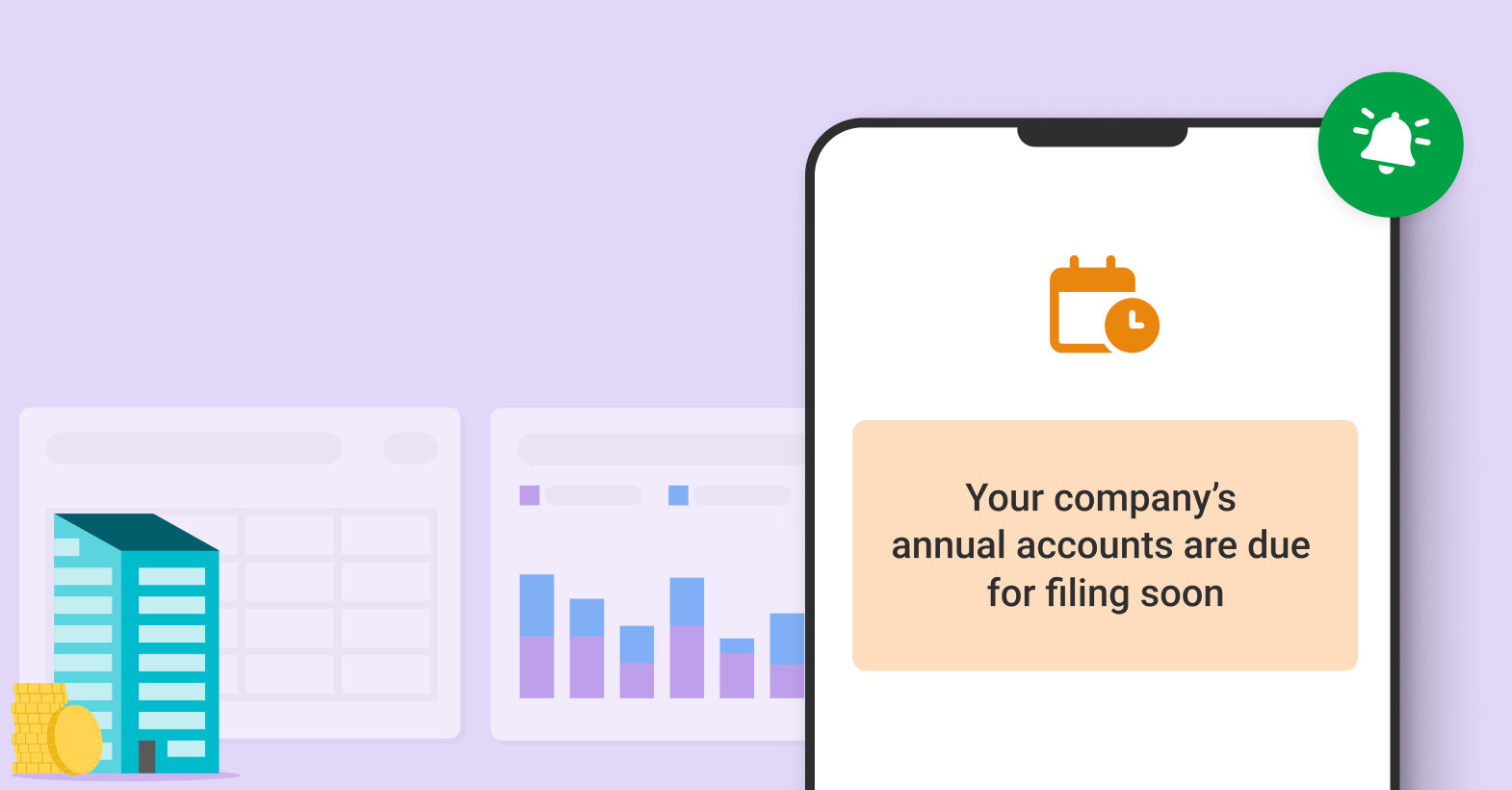Filing your annual company accounts isn't just a legal requirement; it's one of the most crucial factors that influences your business's credit profile - especially for fast-paced, early-stage companies. Understanding the impact of timely submissions on your credit score is vital, as delays can negatively affect your financial credibility. Here, we'll provide you with a straightforward guide on how to manage this process effectively and maintain a good business credit score.
Understanding the importance of annual company accounts
Annual company accounts need to be filed at Companies House no later than nine months after your financial year ends. This documentation offers a public snapshot of your company’s financial health and is used by creditors, suppliers, and investors to assess your financial status and reliability.
To view your company's filed accounts or to check the status of any UK-based company, you can visit the Companies House website at Companies House. It's a valuable resource for ensuring that the information on public record is accurate and up-to-date.
Although your accountant typically handles the filing, it's ultimately the responsibility of the company directors, partners, or trustees to ensure that these accounts are submitted on time and reflect accurate information.
The impact of late filings on your business credit score
Filing your company accounts late can have significant negative effects on your business credit score. It can be viewed as a red flag that signals potential financial instability or management issues.
So maintaining a timely filing schedule ensures that your business is seen as reliable and financially stable, enhancing your creditworthiness in the eyes of stakeholders, lenders, suppliers and other companies you work with.
How to ensure you never miss a deadline
By signing up to Capitalise you can get alerts for when your company is due to file accounts so that you don’t miss critical dates. They are available for any company for free.
If you're already registered, you can check if notifications are enabled on your account to ensure you receive these alerts.
Staying proactive with these reminders can save you from last-minute scrambles and the negative consequences of late filings.
 United Kingdom
United Kingdom  South Africa
South Africa 






